Mozambique: Venâncio Mondlane charged with five crimes, incitement to collective disobedience and ...
Mozambique: Inclusive Dialogue Commission calls for applications
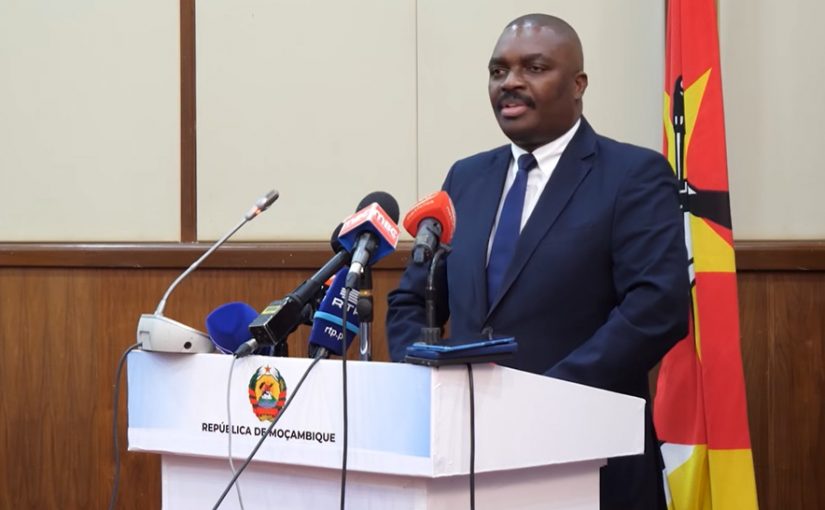
FILE - For illustration purposes only. [File photo: DW]
The Technical Commission for National and Inclusive Dialogue (COTE) in Mozambique has launched a call for applications to select six civil society figures for ten working groups created to advance reforms in the country and implement the peace agreement.
According to the terms of the competition, launched this Thursday and running until Saturday, August 30, the aim is to implement the Political Commitment for an Inclusive National Dialogue, signed on March 5 between the head of state, Daniel Chapo, and the political parties, to pacify the country after the demonstrations and violent protests that followed the October 2024 general elections.
“An instrument approved by the Assembly of the Republic with the objective of deepening effective reconciliation, lasting peace, and the best interests of the Mozambican people, as well as laying the foundations for state reforms, with a focus on matters of constitutional review and governance,” reads the notice issued by the COTE.
The Technical Commission notice adds that the establishment of these ten working groups “represents a fundamental step in the materialization of the Political Commitment, aiming to operationalize the priority actions in the various thematic areas”.
The notice with the terms of reference for the competition calls for applications “from suitable, qualified national citizens with proven experience in the relevant areas covered by the Political Commitment for a National and Inclusive Dialogue”, with the selection of six candidates with academic, technical and experience qualifications for a two-year term.
Ten groups for ten to-be-reformed areas
The ten areas to be reformed within this process are: constitutional, electoral, fiscal, economic, public administration and depoliticization, natural resources, defence and security, justice, reconciliation and national unity, and decentralization and de-concentration are the notice states, and each working group will present recommendations.
Each group will be composed of ten individuals, “six of whom have recognized competence and experience in the thematic areas” from civil society, the private sector, academia, associations, professional associations and religious denominations.
Mozambique will begin its national public consultation in September as part of the political dialogue for peace-making, which includes, among other matters, a new electoral model and the revision of the Constitution of the Republic, as announced on August 15 by the president of COTE, Edson Macuácua, who also serves as Secretary of State for Science and Higher Education at the Ministry of Education and Culture.
“The first stage will be a national and diaspora public consultation. It is a stage in which the technical committee will interact with civil society, political parties, academia, and all social strata, at the district, provincial, central, and diaspora levels, in order to gather contributions and their perspectives on the issues that constitute the subject of the national dialogue,” Macuácua explained.
According to Macuácua, the second stage will systematize all the material collected during the three months of consultation, to develop proposals to submit to a national public debate, “in order to gather contributions and citizens’ opinions on various issues”.
The third phase aims to “build consensus and develop proposals for agreements”, to be transformed “into legislative initiatives” for submission to parliament.
READ: Inclusive Political Dialogue: Technical Committee receives working material
Mozambique has experienced a climate of social unrest since the October 9, 2024, elections, with demonstrations and strikes called by presidential candidate Venâncio Mondlane, who rejects the election results that gave victory to Daniel Chapo, supported by the ruling Frelimo party, and who was sworn in as the country’s fifth president.
Around 400 people died as a result of clashes with the police, which ceased after meetings between Mondlane and Chapo on March 23 and May 20, aimed at pacification. However, Mondlane, not having a party at the time, was left out of the agreement signed in March with all Mozambican political representatives.


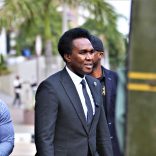

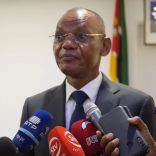
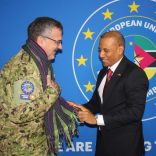
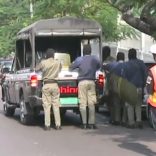
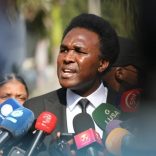




Leave a Reply
Be the First to Comment!
You must be logged in to post a comment.
You must be logged in to post a comment.